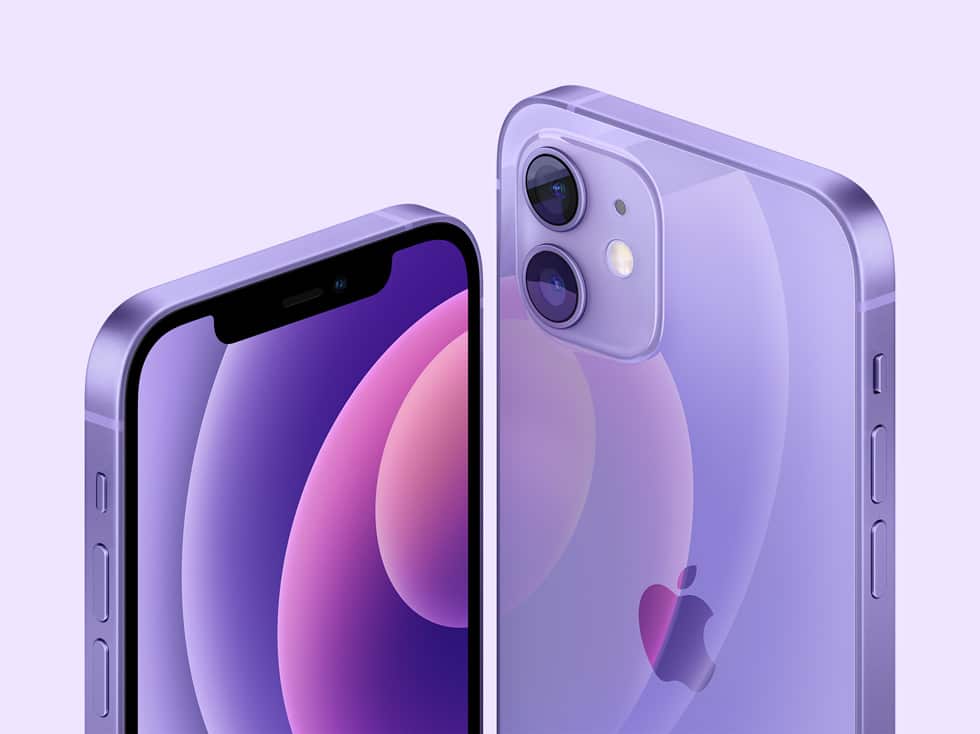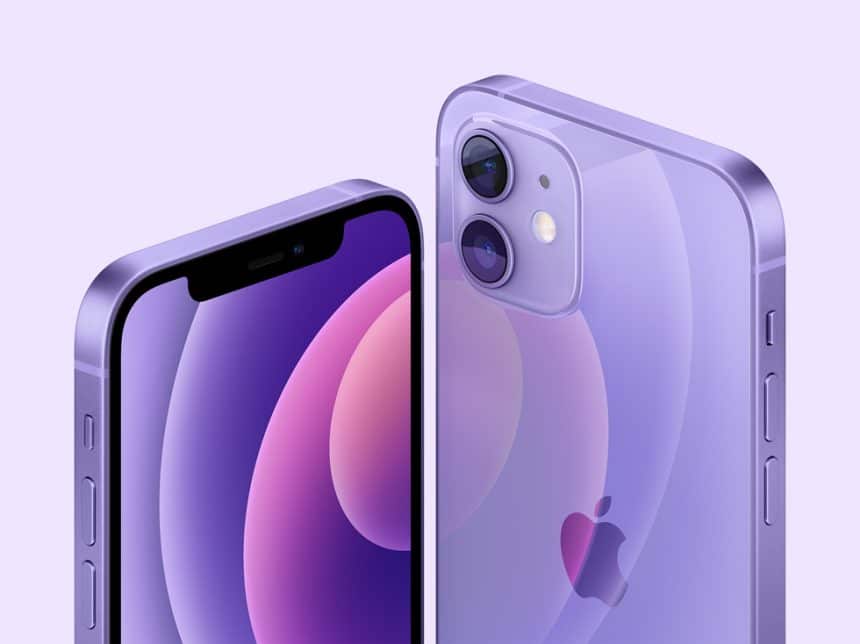Apple has officially retired its iPhone Mini, leaving compact phone fans disappointed. However, the company is now focusing on a new offering: the iPhone Air. Expected to launch alongside the iPhone 17 lineup, the Air introduces a fresh design philosophy aimed at bridging the gap between portability and functionality.
Why the iPhone Mini Was Discontinued
The iPhone Mini struggled to find its audience. Sales data suggested that most users preferred larger phones, prioritizing features like better battery life and bigger screens over compact form factors. Despite its loyal fanbase, Apple decided to end the Mini’s run, leaving room for a new device that aligns with market demand.

What Sets the iPhone Air Apart
The iPhone Air, expected to debut in 2025, aims to attract users who want a balance between size and capability. At 6.6 inches, its screen is slightly smaller than the iPhone Pro Max but larger than the standard Pro model. The phone will feature an ultra-thin aluminum design, rumored to be just 5-6mm thick, and focus on simplicity with a single rear camera.
Concerns About Battery Life
One potential downside of the iPhone Air is its smaller battery, designed to fit the slim profile. While Apple has yet to confirm specific battery life details, users are speculating whether this compromise will affect daily usability. Fans of the iPhone Mini may see this as a modern alternative, but concerns remain about the trade-offs.
A New Era for Apple Devices
The iPhone Air signals Apple’s willingness to experiment with new form factors while addressing changing consumer preferences. This sleek addition to the lineup could attract users looking for innovation without sacrificing usability. It also highlights Apple’s strategy of phasing out less popular models to focus on devices with broader appeal.
As the iPhone Mini sails into history, the iPhone Air is set to redefine Apple’s approach to design and functionality. Whether this device will win over fans remains to be seen, but its introduction marks an exciting chapter in Apple’s product evolution.












